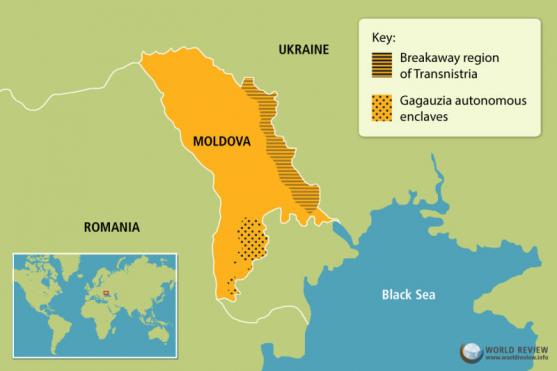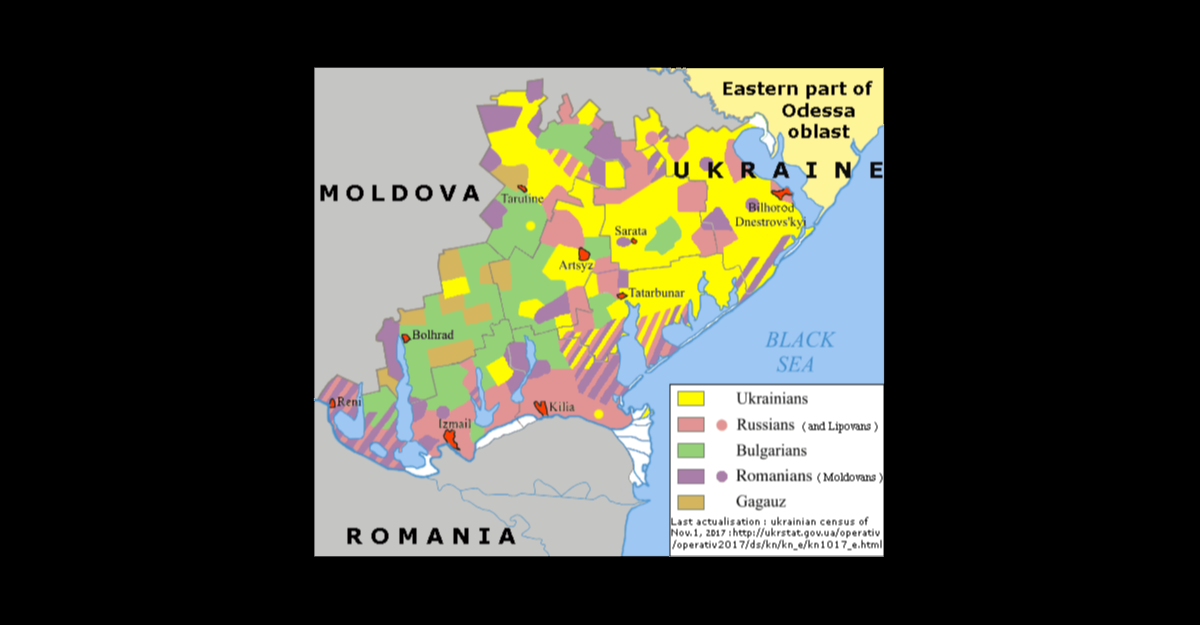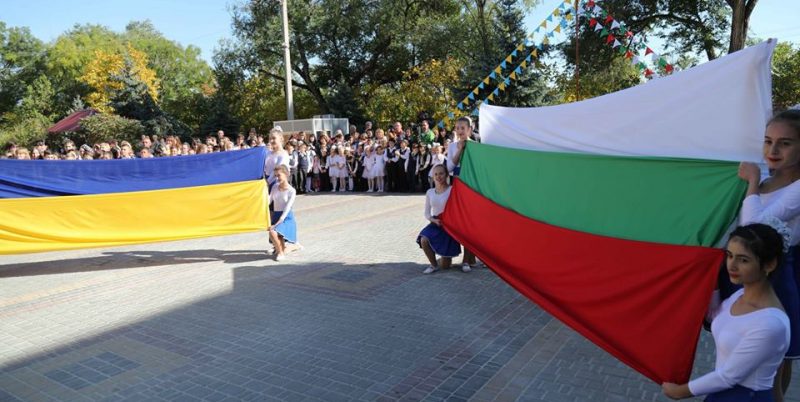The Russian propaganda project the "Bessarabian People's Rada" just changed from being a thinly-veiled separatist project to an openly separatist project, and it is now targeting Moldova in addition to Ukraine. The website for the People's Rada says that they declared that they wanted independence during a conference in late October and planned to hold a referendum soon in the territory they claim. Most interestingly, they also declared that Gagauzia, a portion of southern Moldova, would be part of their new "Republic of Budjak." Gagauzia is an autonomous region in Moldova populated by a Turkic people (for background, see this article by Luke Coffey from earlier this year).

The phrase "Bessarabia Awakens" (Бессарабия пробуждается) is already circulating through the Russian echo chamber, though Russia's main propaganda outlets in English have mostly ignored the story so far. That will probably not last.
Criticism from Other Separatists
What is the Purpose?
Unwilling "supporters"
A Useful MEP?





